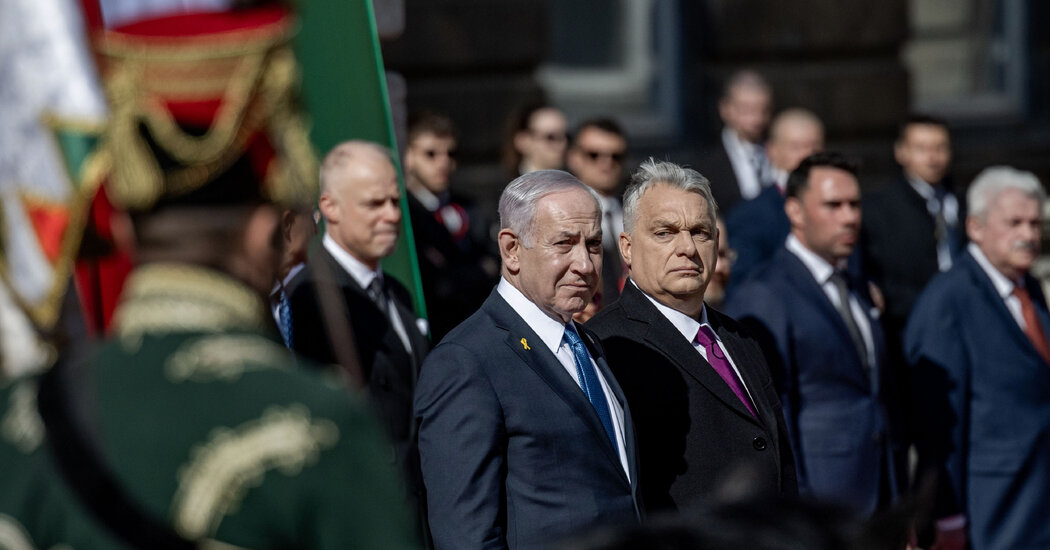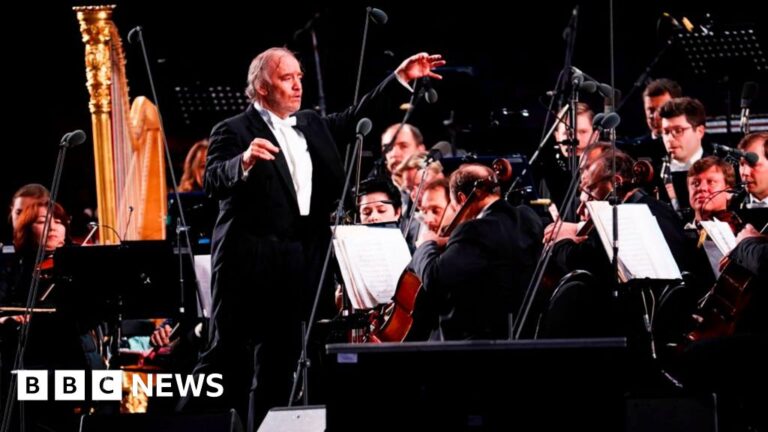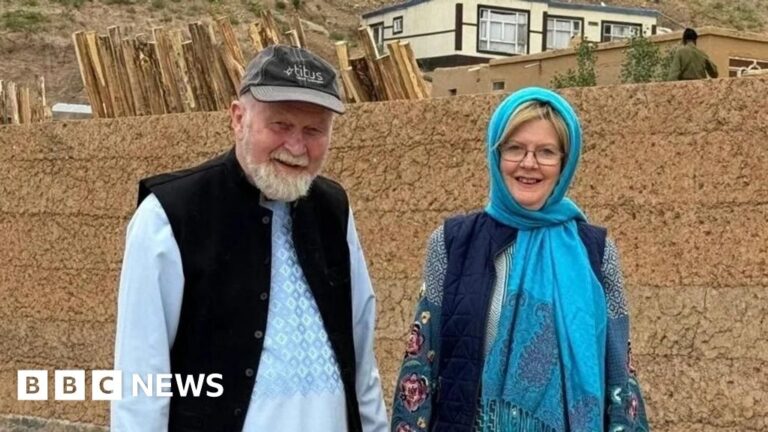Here is the plain text result:
There aren’t a lot of countries Israel’s prime minister can visit without risking arrest. Which makes the red-carpet treatment Benjamin Netanyahu received in Hungary — Europe’s only proud “illiberal democracy” — all the more noteworthy.
Viktor Orban, Hungary’s prime minister, invited Mr. Netanyahu right after the International Criminal Court issued an arrest warrant last November for his country’s alleged war crimes and crimes against humanity in the Gaza Strip. And within hours the Israeli president’s arrival in Hungary last week, Mr. Orban announced his country’s withdrawal from the court.
There are several things going on here, analysts say, which tie together the affinities of Mr. Orban, Mr. Netanyahu and President Trump.
Bonding: The International Criminal Court is the most ambitious and idealistic — if deeply imperfect — version of an global judicial system to enforce human rights. Most liberals love it. Mr. Orban, Mr. Netanyahu and Mr. Trump hate it.
Signaling: Mr. Orban is telling the world that Hungary does what it wants: It may be a member of the European Union, but it is not constrained by it. He’s telling China and Russia that Hungary is open for business. And he’s telling his voters at home that it’s Hungary First all the way.
Testing boundaries: At a moment when global institutions are crumbling and a new order has not yet emerged, no one knows what’s allowed and what’s forbidden anymore.
Hungary is not the first country to make exceptions for Israel. The United States and Germany have long done so. Friedrich Merz, Germany’s incoming chancellor, has also ruled out arresting Mr. Netanyahu, even as Germany remains a committed member of the International Criminal Court.
Hungary is also not the first signatory to the Rome Treaty that established the court to ignore it. When President Vladimir V. Putin of Russia visited Mongolia last year, it took no action on an I.C.C. warrant against him.
But Mr. Orban’s defiance of the court is also about something else: a desire to sideline independent judges, both at home and abroad.
All three leaders — Mr. Netanyahu, Mr. Orban and Mr. Trump — talked on the phone about the court during the Israeli leader’s visit to Hungary. Mr. Netanyahu visited the White House on Monday, and his office said the I.C.C. was again going to be on the agenda.
Mr. Trump, who was convicted on 34 felony counts before being re-elected last year, says that the many legal cases against him were politically motivated. In recent weeks, his administration has defied several court orders, which could eventually lead to a constitutional crisis. And in February, he signed an executive order placing sanctions on I.C.C. officials in response to the arrest warrant for Mr. Netanyahu.
It takes a lawless autocrat like Orban to welcome rather than arrest an accused war criminal like Netanyahu, said Kenneth Roth, a visiting professor at Princeton and the former executive director of Human Rights Watch. Mr. Trump’s imposition of sanctions on I.C.C. staff, he said, “is of a piece with Orban’s move.”
Source link




